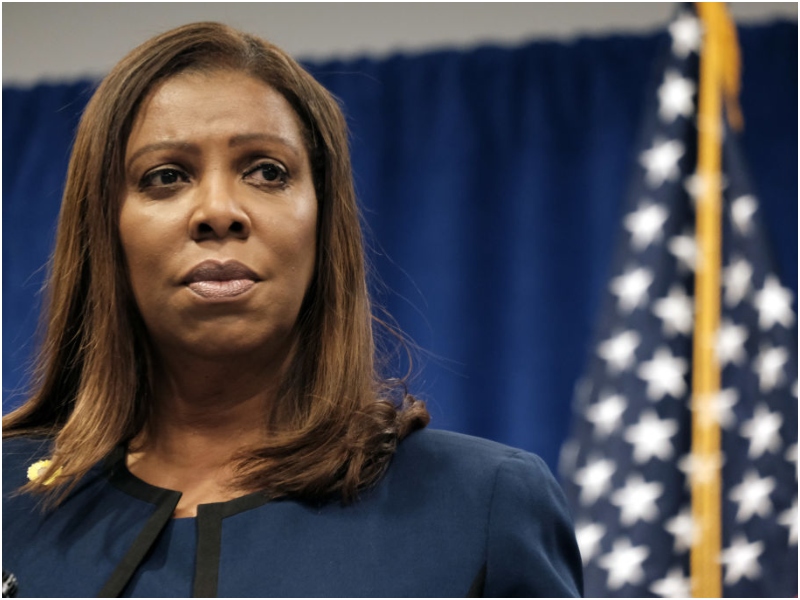New York Attorney General Letitia James has announced that her office is intervening in a lawsuit to defend the state’s abortion shield law after the Texas Attorney General’s Office sought to enforce its abortion ban through New York courts.
At issue is a $113,000 judgment entered in Texas against a New York-based physician who provided telehealth abortion care. That medical service is legal in New York but illegal under Texas law. Texas officials are attempting to collect on the judgment by filing enforcement papers in New York courts — a move James contends is a direct challenge to New York’s legislative protections for reproductive healthcare providers.
“Anti-abortion extremists are looking past their own state borders, targeting providers in states like New York,” James said in a public statement. “We passed our shield law for exactly this reason.”
The New York abortion shield law, enacted in 2022, bars state courts and officials from cooperating with investigations, subpoenas, or judgments connected to abortion restrictions in other jurisdictions. It is part of a growing wave of state-level protections passed in response to the U.S. Supreme Court’s 2022 decision overturning Roe v. Wade.
James’ office argues that allowing Texas to enforce its judgment in New York would undermine the shield law and open the door to similar interstate efforts by other states with restrictive abortion bans.
“This case highlights the emerging legal battleground over extraterritorial enforcement of abortion restrictions,” said one constitutional law scholar, noting that courts will be forced to grapple with conflicts between states’ public policies and judgments issued under the Full Faith and Credit Clause of the U.S. Constitution.
The litigation will test whether shield laws can withstand interstate challenges and how courts balance the constitutional requirement to recognize out-of-state judgments against state public policy exceptions.
For James, the matter is clear. “Do not come for our doctors. Do not come for our providers,” she said. “We will use the full force of the law to protect patients and providers.”
The case is expected to draw close attention from legal observers, given its potential implications for interstate comity, reproductive rights, and the enforcement of conflicting state laws in the post-Roe era.

